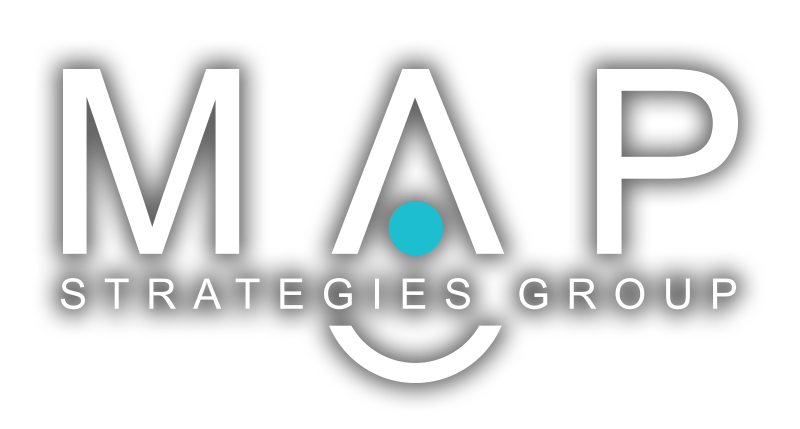Caliber: Bringing Private Real Estate Deals To the Masses
(ABOUT THE PHOTO)
Caliber CEO Chris Loeffler in February announced a public investment option via SeedInvest and has raised more than $2.5 million so far.
By Tom Taulli
InvestorPlace & IPO Playbook
Scottsdale-based Caliber calls itself a “wealth development company?” OK then, so what does this mean? Well, here’s a Caliber review.
Back in 2009, during the depths of the financial crisis, Chris Loeffler and Jennifer Schrader founded the company. Loeffler was a senior associate for audit and assurance at PwC, where he worked with clients like Verizon, Honeywell International and Major League Baseball’s Arizona Diamondbacks.
As for Schrader, she was a designated broker with Caliber Realty Group and a managing partner of First United Equities. Both realized that there was an opportunity in the market for private equity real estate investments and thought that the Internet could democratize the category.
Caliber also got off to a strong start, as the founders raised $18 million in the first year and went on to buy, renovate and sell more than 150 single-family homes.
But as the real estate market adapted and evolved, so did Caliber. Over the years, the company has moved into other areas like commercial properties, multi-family units, hospitality, warehouses and tax-advantaged opportunity zones.
Something else: Caliber is raising a round of capital. And it is doing this from the crowdfunding site, SeedInvest.
The Platform
Caliber has a diverse platform that offers different revenue streams. At the heart of this is the fund management business. This includes an annual fee, a one-time fee for the capital raise and a portion of the profits from the real estate investments.
Caliber then engages in construction and development. For this, the company charges a fee as a general contractor. Then once the property is in operation, there are property management services.
But what about projects that Caliber does not develop or own? In these cases, the company acts as a broker. This means it will generate commission fees.
In terms of the investment process, there is an extensive Caliber review. This involves research on the industry performance, current market conditions and comparable property valuations. The company is also rigorous on its underwriting criteria, so as to help mitigate the risks.
Yet Caliber is not a passive holder of its properties. There are often major renovations to improve the valuations.
The company also focused on the states in the southwest, including Arizona, Nevada, Texas, Colorado and Utah. Since inception, Caliber has managed over $440 million in assets.
Final Takeaways
The fundraise on SeedInvest is for a Series B. It is set at a valuation of $130 million and the minimum investment is $2,000. As of August 9, the company has raised more than $2.5 million.
The security offered is preferred stock. This is fairly typical in institutional rounds as it provides more protections. For example, Caliber’s investment provides for a 1x liquidation preference. If there is an acquisition or even a bankruptcy, those holding preferred stock will get their money back before any proceeds are distributed to other investors.
The SeedInvest round does come with a variety of perks, which are based on the amount invested. For example, if you invest $10,000, you will get access to advice from Caliber experts via webcasts and an insider newsletter. Or, if you invest $50,000, you will get a bronze name plaque at the company’s DoubleTree by Hilton hotel in Tucson, Arizona.
Even though Caliber has a good track record and a robust platform, there are definitely considerable risks with this investment. After all, with the novel coronavirus and the recession in the U.S., the prospects for real estate have dimmed. This is especially the case with hospitality and commercial properties. There are also challenges with obtaining financing.
Thus, before making an investment in Caliber, it’s important to do your own research and analysis.
Tom Taulli (@ttaulli) is an advisor and author of various books and online courses about technology, including Artificial Intelligence Basics, The Robotic Process Automation Handbook and Learn Python Super Fast. He is also the founder of WebIPO, which was one of the first platforms for public offerings during the 1990s. As of this writing, he did not hold a position in any of the aforementioned securities.
